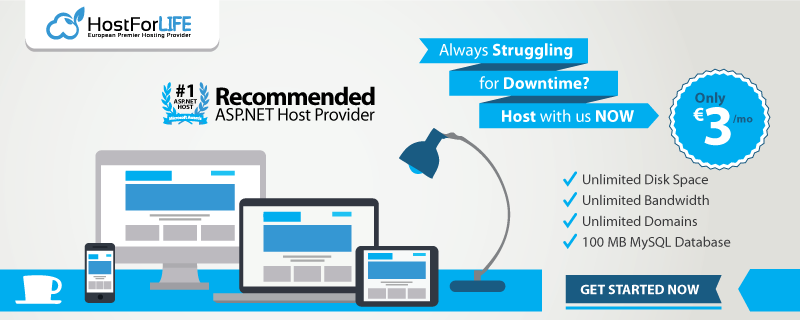With OpenID Connect, the identity server is an open-source authentication server. This provides a single point to authenticate/authorize the user, removing the requirement for multiple systems to implement authentication flows and allowing them to communicate with one another via the same security channel.
Before we begin the implementation, let’s have a look at the Identity Server component.
Identity Asset
The identity resources are the data that we want to protect, such as userID, email, and phone number. The identity resources are given unique names and are linked to a claim; this claim is contained in the token, and the user can access the identity resource by restricting their scope to that claim.
public static IEnumerable<IdentityResource> GetIdentityResources() { return new List<IdentityResource> { new IdentityResource( name: "openid", userClaims: new[] { "sub" }, displayName: "Your user identifier") }; }We scope are defined for the client’s access level to the user claim via resources. We can define the client’s scope and what resources he has access to.
We are defining the user’s scope to the resource OpenID that has a user claim. As a result, it will be the scope of that user claim.
API Resources
When API services increase the scope also increases and the managing the scope becomes complex so you can bundle the scope into the API resources and assign that to Client.
public static IEnumerable<ApiScope> GetApiScopes()
{
return new List<ApiScope>
{
// invoice API specific scopes
new ApiScope(name: "invoice.read", displayName: "Reads your invoices."),
new ApiScope(name: "invoice.pay", displayName: "Pays your invoices."),
};
}
public static readonly IEnumerable<ApiResource> GetApiResources()
{
return new List<ApiResource>
{
new ApiResource("invoice", "Invoice API")
{
Scopes = { "invoice.read", "invoice.pay", "manage", "enumerate" }
}
};
}Resources Isolation
OAuth does not have API resources and has only scope so as there could be many resources the scope could increase so will the token so for this, we have API Resources. So, to solve this we have resource isolation, requesting token for specific resource.
Client: The client is the application that wants to access the resources. The scope is assigned to the Client.
The client has 5 things.
- Client Id, which is unique,
- Secret,
- Grant Type
- Redirect URL where the token will be sent.
- List of scope client is allowed to access.
Let’s start by creating a new Web API project.
Now install the NuGet package for identity server
- IdentityServer4
- IdentityServer4.EntityFramework
- Microsoft.AspNetCore.Authentication.OpenIdConnect
- IdentityServer4.Storage
1. Start by adding the connection string for Database.
2. Create DB context for our identity.
3. Register our Identity in the Program.cs file
4. We need to create tables for our identity so we will create migration and run it.
Add-Migration IdentityMigration -Context AppDbContext
we need to update the database by running the migration.
Update-Database -Context AppDbContext
5. Add identity server 4 to our application.
Add the following code so in the program.cs file.
And following line after Create Build.
- app.UseIdentityServer();
We need to create migration and run it.
- add-migration IdentityServerPersistedGrantDbMigration -c PersistedGrantDbContext
- add-migration IdentityServerConfigurationDbMigration -c ConfigurationDbContext
Now run the Migration.
- update-database -Context PersistedGrantDbContext
- update-database -Context ConfigurationDbContext
6. Now we will create the configuration for our identity the client, Scope, and Resources.
We will Implement it in a config.cs file and will add it our database.
7. Add this configuration, Add the following code into the program.cs.
Now Run the program and our Identity Server 4 is ready
Best ASP.NET Core Hosting
The feature and reliability are the most important things when choosing a good ASP.NET Core hosting. HostForLIFE is the leading provider of Windows hosting and affordable ASP.NET Core , their servers are optimized for PHP web applications such as the latest ASP.NET Core version. The performance and the uptime of the ASP.NET Core hosting service are excellent, and the features of the web hosting plan are even greater than what many hosting providers ask you to pay for. At HostForLIFEASP.NET, customers can also experience fast ASP.NET Core hosting. The company invested a lot of money to ensure the best and fastest performance of the datacenters, servers, network and other facilities. Its data centers are equipped with top equipment like cooling system, fire detection, high-speed Internet connection, and so on. That is why HostForLIFEASP.NET guarantees 99.9% uptime for ASP.NET Core . And the engineers do regular maintenance and monitoring works to assure its ASP.NET Core hosting are security and always up.



